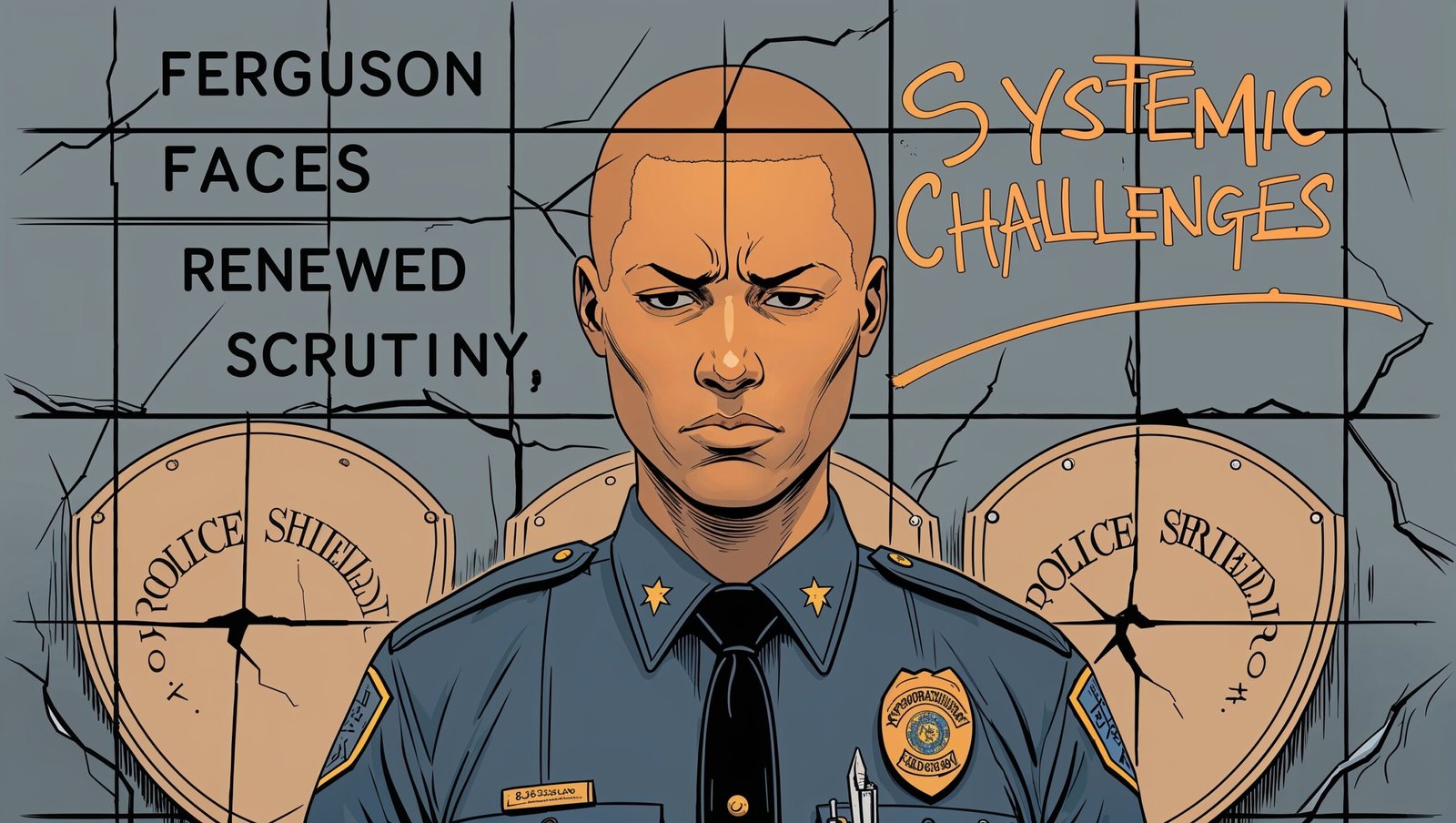The Unfolding Impact of Ferguson
The name Ferguson became an emblematic trigger in the realm of socio-political discourse in the United States. Situated in St. Louis County, Missouri, Ferguson was thrust into the national consciousness following the tragic events that transpired on August 9, 2014. This small city saw a catalytic moment when the officer-involved shooting of Michael Brown, an African American teenager, set off a series of profound reactions. These events reverberated beyond the borders of Missouri, casting a spotlight on long-standing issues of racial tension, law enforcement protocols, and the root causes of civil unrest. By dissecting this incident, its context, and its consequences, this article endeavors to detail the complex layers of the Ferguson impact on contemporary society.
The Context Leading to Ferguson
Before delving deeply into the incident itself, it is crucial to understand the socio-economic tapestry of Ferguson and its surrounding regions. Ferguson is part of the Greater St. Louis Metropolitan Area, characterized by its diverse population grappling with economic disparities and racial polarization. According to WordNet, the term disparities is synonymous with inequalities, illustrating the gaps in wealth, opportunities, and treatment that have historically plagued this region. Long before 2014, the residents of Ferguson lived amid simmering tensions between community members and the local police force, making the city a microcosm of larger national issues.
The Incident
On the afternoon of August 9, Michael Brown, an unarmed black teenager, was fatally shot by a white police officer, Darren Wilson. The shooting planted the seeds for what would become widespread protests and eventually alter the course of discussions surrounding race and policing in America. The incident shook the community to its core, inciting both immediate and prolonged public outcry for justice and accountability—a demand for redress that was echoed across the nation.
The Immediate Aftermath
Public sentiment in Ferguson and across the country swiftly turned into active demonstrations. Employing overwhelming forces and military-style tactics, the response from local law enforcement agencies drew sharp criticism and intensified the public’s scrutiny over police practices. The Justice Department’s involvement underscored the phenomenal scale of the unrest—a relentless pursuit for systemic reform. WordNet provides that the antonym for criticize is praise; however, few found the actions displayed during this period praiseworthy.
Broader Implications
The events in Ferguson have served as a prism through which society examines broader societal themes—particularly those examining racial equity, social justice, and policing methodologies. Careful semantic examination reveals the intrinsic linkages among these topics. Equity finds itself as a hypernym for justice, providing a wider conceptual backdrop against which these issues are evaluated.
Reforming Policing Methods
Ferguson prompted a fundamental reevaluation of policing methods throughout America. Proponents of reform advocate for community policing models designed to restore trust between communities and the police. The concept of “community” in WordNet is closely related to society, these are exemplars of the symbiotic relationship between public institutions and their constituents. By introducing bias training and promoting the implementation of body cameras, cities strive toward heightened transparency and accountability.
Sparking the Black Lives Matter Movement
Ferguson acted as a significant catalyst for the Black Lives Matter movement, a decentralized and grassroots campaign aiming to combat systemic racism and violence against African Americans. As illustrated in lexical terms, movement is a hyponym of campaign. The Black Lives Matter movement, in particular, underscores the vocabulary transformation within activism and public discourse, emphasizing inclusivity and revalorizing voices that have historically been marginalized. This realignment of semantic fields fosters an environment where social change becomes increasingly possible.
Legacy of Ferguson
The legacy of Ferguson is seen in the narrative of modern civil rights movements as well as policy shifts spawned from its aftermath. The incident demonstrated how local events could rapidly evolve into symbols of national dialogue and reform. Interwoven with social activism, political engagement has risen; individuals and communities are increasingly empowered to demand change, yielding incremental though significant victories.
The Dichotomy of Progress
It is pertinent to acknowledge the existing dichotomy of progress post-Ferguson. While many reforms and public awakenings have emerged, the ongoing struggle for equality illustrates a persistent need for vigilance and action. The multiple meaning, or polysemy, of progress encapsulates both forward motion and ongoing development, indicative of the long road that still lies ahead.
The entwined narratives of inequitable practices, strict socio-political hierarchies, and disenfranchisement demonstrate how Ferguson remains a prime example of both the challenges faced and the potential within societal shifts.
People Also Ask
What was the significance of the Ferguson protests?
The Ferguson protests served as a turning point in American civil rights, shedding light on systemic racial injustice, inciting national debates on policing, and propelling movements like Black Lives Matter into broader consciousness.
What reforms emerged after the Ferguson unrest?
Reforms after Ferguson included increased use of body cameras by police, implementation of bias and de-escalation training, and broader adoption of community policing practices.
How did Ferguson impact media coverage of similar events?
Ferguson influenced media by fostering more nuanced and empathetic coverage of racial dynamics, increasing focus on grassroots narratives and the perspectives of affected communities.
What role did social media play in the Ferguson protests?
Social media acted as a powerful tool for mobilization and awareness during Ferguson, enabling real-time dissemination of information, organization of protests, and the amplification of marginalized voices.
How has Ferguson affected contemporary policies on race and policing?
Ferguson’s legacy is evident in the continued dialogue and policy considerations surrounding race and policing, as communities and lawmakers push for justice reforms and policies aimed at reducing racial bias and enhancing accountability.







